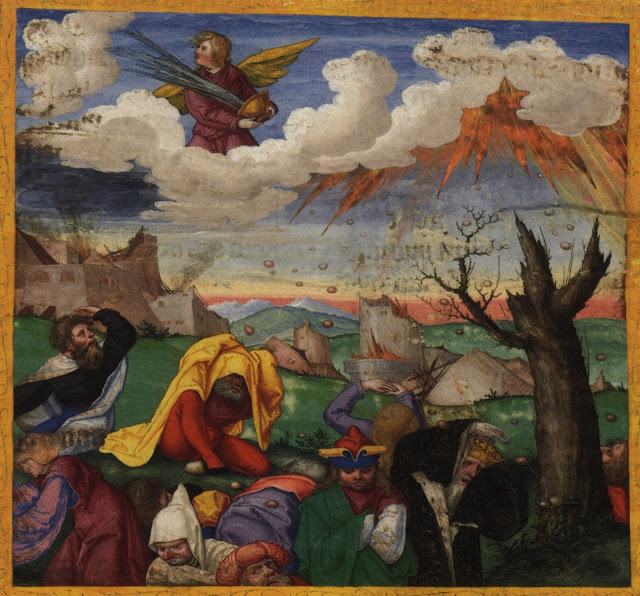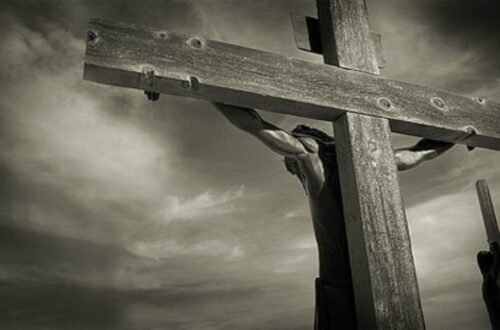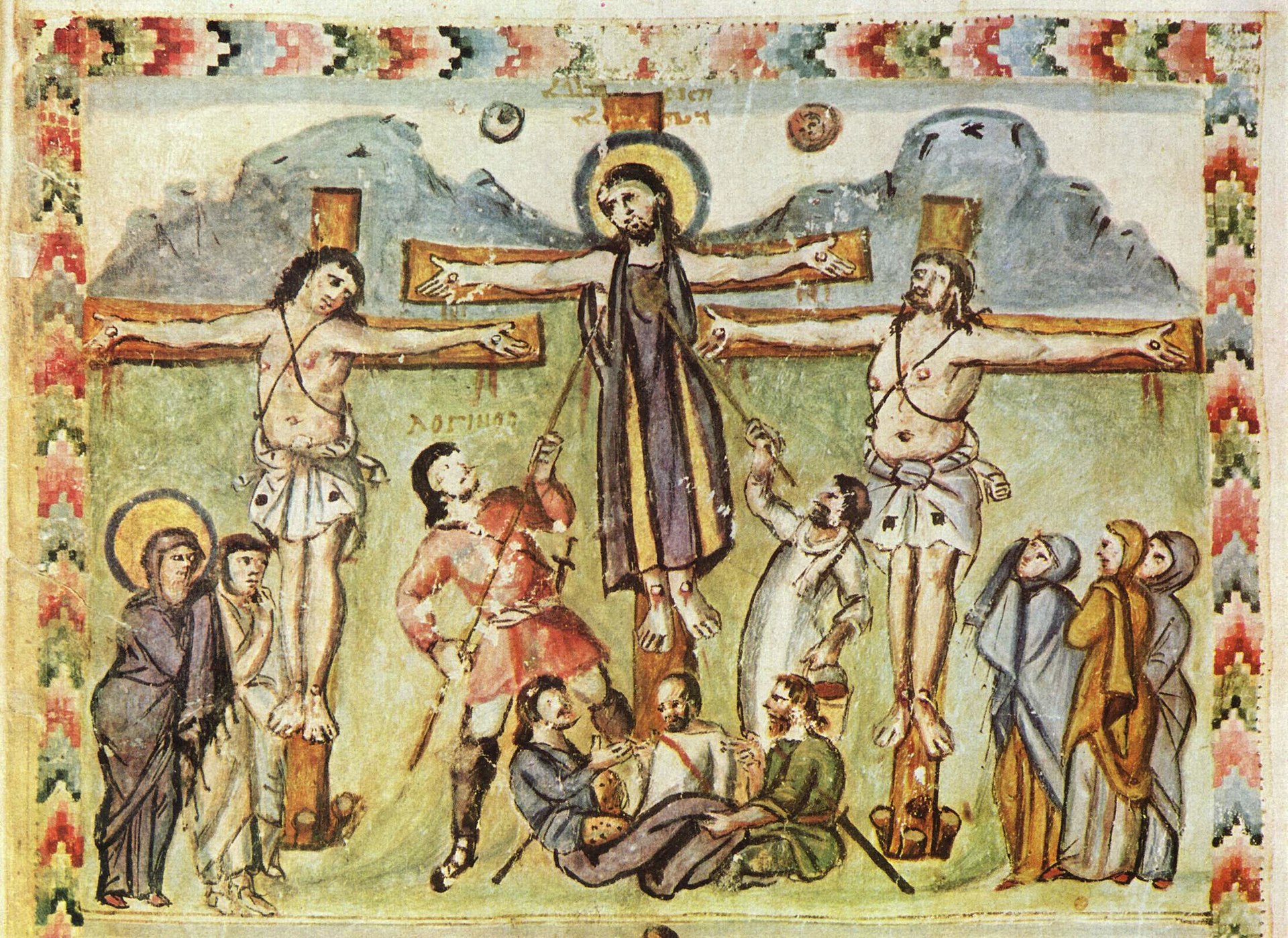And I heard the angel of the waters saying, “Righteous are You, who are and who were, O Holy One, because You judged these things; for they poured out the blood of saints and prophets, and You have given them blood to drink. They deserve it.” And I heard the altar saying, “Yes, O Lord God, the Almighty, true and righteous are Your judgments.”
In Revelation 16:4-7, John records the proclamation of the angel who affirms the just punishment of those who “poured out the blood of saints and prophets” (v. 6). The angel tells us that the persecutors of God’s people deserve their punishment and that punishment displays the nature of God: “Righteous are you…because you judged these things; for they poured out the blood of the saints and prophets, and you have given them blood to drink. They deserve it” (vs. 5b-6). As Mounce comments, “In a moral universe God must of necessity oppose evil… Because they had poured out the blood of the saints, God has given them blood to drink.”
[1] The sins of the persecutors have rendered them ‘worthy’ of punishment.
[2] The strange sounding idiom—that the persecutors should drink blood—comes from Isaiah’s declaration that God would feed Israel’s oppressors “with their own flesh, and they will become drunk with their own blood as with sweet wine” (Isaiah 49:26).
Richard Bauckham suggests that the idea of repayment is closely related to the ability of a sinner to understand the justice of God: “Intrinsic to the idea of ‘measure for measure’ judgments is that this is the best kind of justice because its justice should be obvious even to the criminal. To receive something equivalent to what one has done is to find, as it were, one’s own sin boomeranging back at one.”[3]
The warning of retribution is supposed to lead sinful people to repentance though John tells us that even in the midst of their experience of God’s wrath, people remain unrepentant (Rev 16:9). John also records the outcry of the saints for justice. Their cry is for God’s vengeful actions against their oppressors: “How long, O Lord, holy and true, will you refrain from judging and avenging your blood on those who dwell on the earth?” (Rev 6:10b). Such an outcry assumes that justice is served through a retributive action of God who will pay back the wrong doer with affliction.
Such a cry sounds harsh unless one spends a moment to consider the evils wrought by the oppressor. As Schüssler Fiorenza comments: “One can adjudicate the central quest of Revelation in theological terms, however, only if one comprehends the anguish that fuels this outcry for justice and vindication, for divine revenge and restitution for so many lives taken, and so much blood unnecessarily shed.”
[4] Perhaps this might help us understand the instincts of the martyrs, but it does not justify it. Instead, what the martyrs’ prayer suggests is that their outcry is grounded in their knowledge of God. This is confirmed by the angel in 16:4-6 and in the witness of the alter in 16:7. Such an observation lends credence to the claim that people can generally intuit that evil actions deserve punishment in the same way they intuit good actions deserve rewards. However, justification does not merely lie in a moral intuition, but in a theological justification. What we ‘intuit’ is not merely a fact about the world but a fact about its creator who is clearly perceived (Rom 1:18). If so, then the retributivist can appeal to a definitist justification for his view whereby there is a fact about reality—the divine nature—that justifies retributive punishment.
The fact that sinful people deserve punishment is clearly something we have to contort ourselves to deny. Yet we sometimes think only other people deserve it. The gospel of Jesus Christ entails that all of us deserve God’s wrathful punishment (Romans 3:23). It is that punishment we deserve that Christ pays for us on the cross, bearing our sin in himself (1 Peter 2:24), receiving the penalty we deserve on our behalf (2 Corinthians 5:21).
[1] Robert Mounce, The Book of Revelation in NICNT vol. 17 (Grand Rapids: Eerdmans, 1977), 295.
[2] Ibid., 296.
[3] Richard Bauckham, “Judgement in the Book of Revelation,” Ex Auditu 20 (2004): 3.
[4] Schüssler Fiorenza, Revelation: A Vision of a Just World (Minneapolis: Fortress, 1991), 64.



